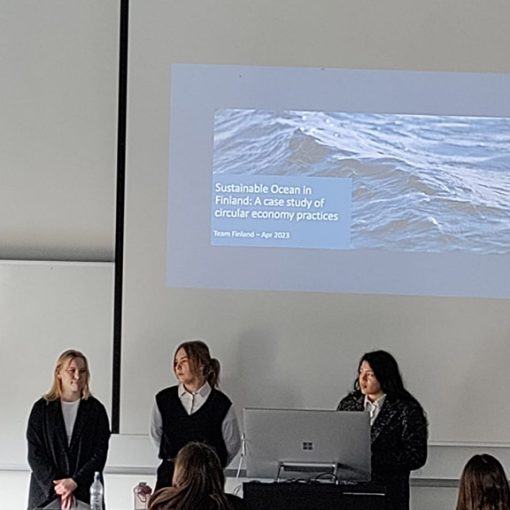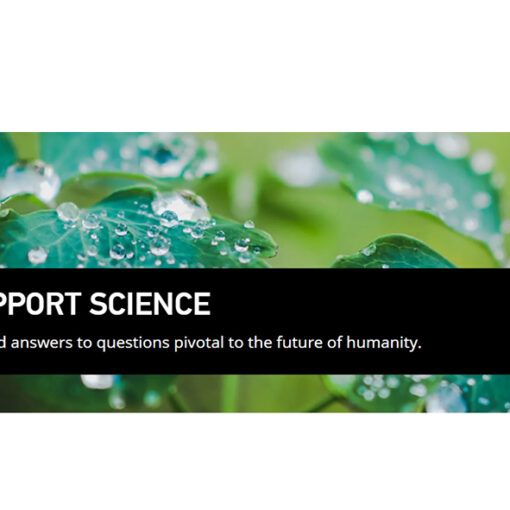From March 4-6, 2024, the 18th annual International Technology, Education, and Development Conference, INTED, was organized in Valencia, Spain (INTED 2024). Over 600 international educational professionals from 78 countries participated in the conference to collaborate, network, exchange experiences, and learn about nascent challenges and opportunities in the education sector. The program included the keynote session, over 70 parallel workshops on about 120 topics, interactive sessions with speakers, and networking opportunities, such as lunches, a networking evening, and a city tour.
![[Alt text: a big hall full of audience watching the scene.]](https://blogit.lab.fi/labfocus/wp-content/uploads/sites/8/2024/03/202_2024_INTED-Conference_1-1024x584.jpg)
AI for teaching and learning
The key topics of the INTED24 conference focused on the impact of artificial intelligence on education, particularly addressing challenges associated with the transition from traditional to digital education, the importance of soft skills adaptability, and the potential of generative AI in transforming educational practices. Mike Sharples from the Open University (UK) delivered a talk and hosted a Q&A session on significant themes such as navigating ethical considerations related to AI implementation and exploring new roles for AI in education, such as moderation of discussions, course content development, and support for creativity. Sarah Newman from Harvard presented the AI Pedagogy Project, which serves as a bank of resources and guidance for educators to navigate the complex landscape of AI in education, educating teachers and students to use AI tools for developing critical thinking and decision-making skills.
Olga Bogdanova from LAB University of Applied Sciences participated to present two papers on entrepreneurial education at LAB and to benchmark ideas for the new project, Pathfinder (LAB 2024). The Pathfinder project, funded by the Erasmus+ program, will focus on the integration of AI into teaching and learning.
![[Alt text: dozens of people enjoying coffee and snacks in a lobby.]](https://blogit.lab.fi/labfocus/wp-content/uploads/sites/8/2024/03/202_2024_INTED-Conference_2-1024x558.jpg)
Soft skills development
Another prominent theme of the conference is the development of soft skills in the context of increased AI adoption. Key soft skills highlighted included critical thinking, social skills, problem-solving, and self-regulation. These skills are considered essential for navigating the complexities of the modern workplace, particularly in environments where AI systems play an increasingly significant role.
![[Alt text: a lady speaking to a group of people in a conference room.]](https://blogit.lab.fi/labfocus/wp-content/uploads/sites/8/2024/03/202_2024_INTED-Conference_3-1024x658.jpg)
Dr. Tracey Tokuhama-Espinosa, a renowned educator and researcher in the field of educational neuroscience from Harvard University, organized two interactive sessions on the neuroscience of learning. In the first session, titled A Theory of Mental Frameworks: Using the Learning Sciences to Improve Problem-Solving, participants learned how to teach problem-solving skills to their students. During the second session, titled There is No Cognition Without Emotion: What Teachers Need to Know About Feelings to Improve Thinking, Tracey explored the role of emotions in the thinking process and strategies educators can utilize to create a positive emotional environment for their students.
Author
Olga Bogdanova works as an RDI Specialist at LAB University of Applied Sciences and Pathfinder project manager.

References
INTED. 2024. 18th annual International Technology, Education, and Development Conference website. Cited 12 Mar 2024. Available at https://iated.org/inted/
INTED24. 2024. INTED pictures. Cited 12 Mar 2024. Available at https://iated.org/inted/pictures
LAB. 2024. Pathfinder. Project website. LAB University of Applied Sciences. Cited 12 Mar 2024. Available at https://lab.fi/en/project/pioneering-ai-technology-higher-education-facilitate-innovation-and-nurture-development




